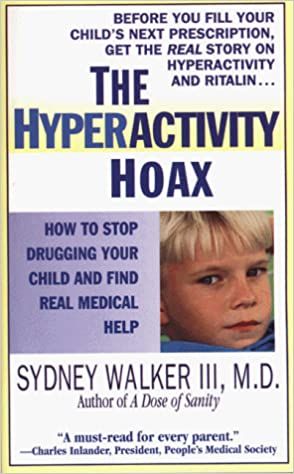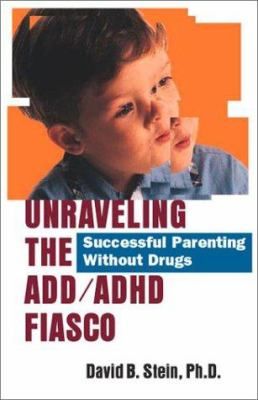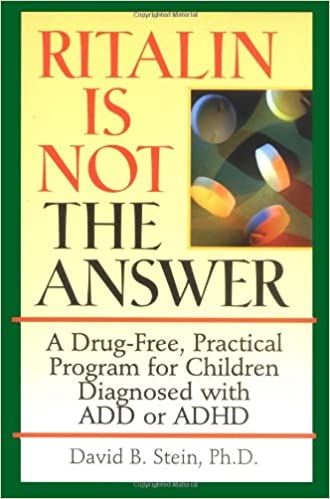A Dose of Sanity: Mind, Medicine, and Misdiagnosis
Neuropsychiatrist Dr. Sydney Walker once again draws on his decades of experience to shine light on psychiatry’s over-reliance on psychiatric labels in this book. He explains how psychiatrists and mental health professionals have become accustomed to running down a list of symptoms and throwing a label on their patients. Instead, mental health professionals need to do further investigation to find if there are any underlying medical issues causing these symptoms, whether it’s hyperactivity, memory loss or depression. As a result of this over-reliance on psychiatric drugs, studies show that the rate of misdiagnosis is more than 4 in 10.
Beneath these symptoms that are all-too-quickly categorized as psychiatric disorders, are often medical conditions such as poor nutrition, Lyme disease, allergies or hypothyroidism. In A Dose of Sanity: Mind, Medicine, and Misdiagnosis, Dr. Walker teaches readers to take a step back and evaluate symptoms on a deeper, biological level to start understanding what they really mean. Dr. Walker believes that psychiatry is moving towards the hypothetical realm with the manner in which it diagnoses patients, and he offers an approach in this book that goes beyond this.
One of the useful tools included in A Dose of Sanity is the 24-hour profile that mental health consumers can use to track emotional and physical changes throughout the day to give their psychiatrist a more accurate picture of how they are feeling, and the patterns and causes surrounding their symptoms. For all mental health consumers, whether you are experiencing symptoms yourself and/or have been labelled, or if you have a loved one that has told you they have been labeled hyperactive, depression, dementia, etc., this book is a must-read.
About the Author
Sydney Walker III, M.D., is a board-certified neuropsychiatrist, Director of the Southern California Neuropsychiatric Institute, and founder of Behavioral Neurology International. His other books include Help for the Hyperactive Child, Psychiatric Signs and Symptoms Due to Medical Problems, and The Hyperactivity Hoax: How to Stop Drugging Your Child and Find Real Medical Help.
Reviews
Charles B. Inlander – President, People’s Medical Society:
“Bravo to Dr. Sydney Walker. He has written a masterful book for current and prospective mental health consumers. Before filling a prescription for Prozac or Ritalin, make sure you get A Dose of Sanity.”








